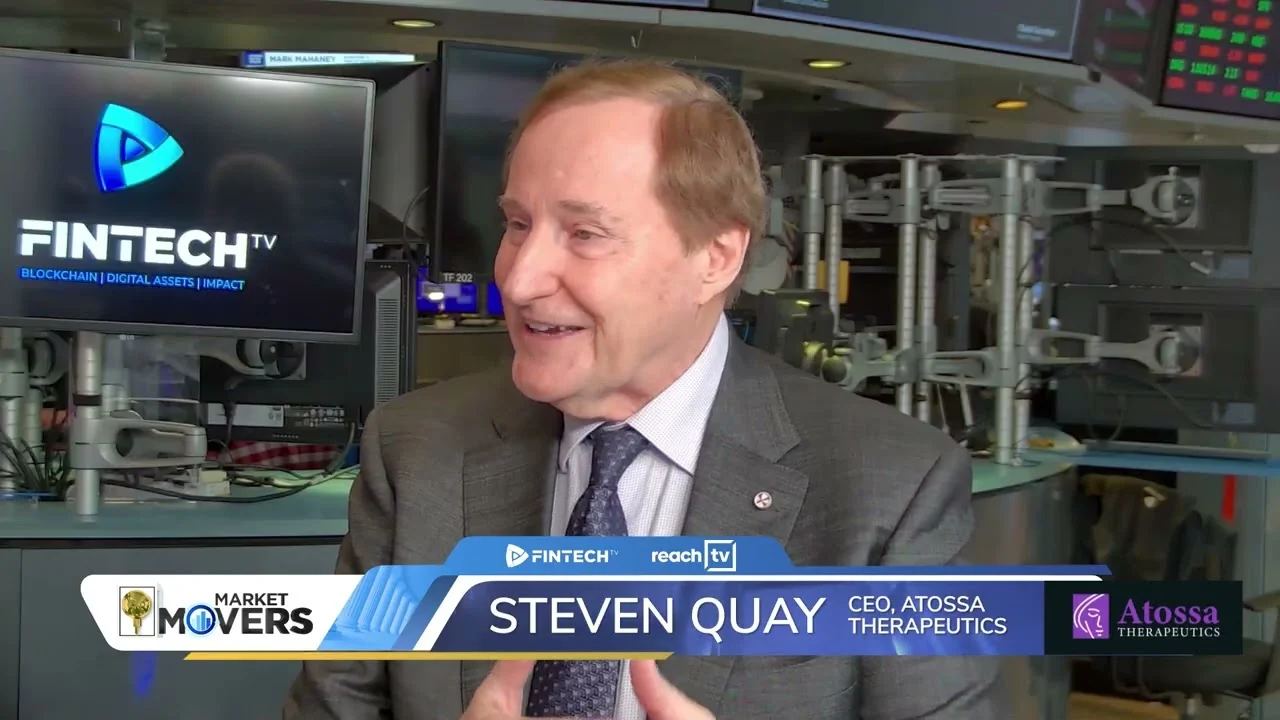- News Nation
- August 27, 2024
Dr. Steven Quay engages in an in-depth conversation with NewsNation, offering valuable guidance on essential topics to discuss with your doctor regarding the latest Coronavirus boosters. In addition, he provides an analysis of the World Health Organization’s recent decision to declare monkeypox a global emergency, exploring the implications and significance of this declaration. Furthermore, Dr. Quay shares his expert opinion on the effects of tablet use on children’s development, discussing potential benefits and concerns associated with increased screen time. His insights aim to equip viewers with a better understanding of these pressing health issues.
Here is a breakdown of the three main topics:
Monkeypox:
Dr. Quay reassures that monkeypox, although declared a global emergency by WHO, is not a major epidemic threat. He explains that it spreads through direct contact with lesions, not through the air or asymptomatically, and is predominantly transmitted among men through sexual contact.
COVID-19 Boosters:
Dr. Quay discusses current COVID-19 concerns, noting high levels of infection in wastewater but less worry about severe cases in emergency rooms due to widespread natural immunity and less severe variants. He advises caution regarding new vaccine boosters, recommending that individuals consult their healthcare providers and consider an IG4 test to determine if their immune system has developed tolerance to previous vaccinations.
Tablets and Toddlers:
He comments on a study linking increased tablet use in young children to more behavioral outbursts. Dr. Quay argues that excessive tablet use can hinder important developmental milestones, such as socialization and physical interaction, which are crucial for toddlers’ growth and learning.




